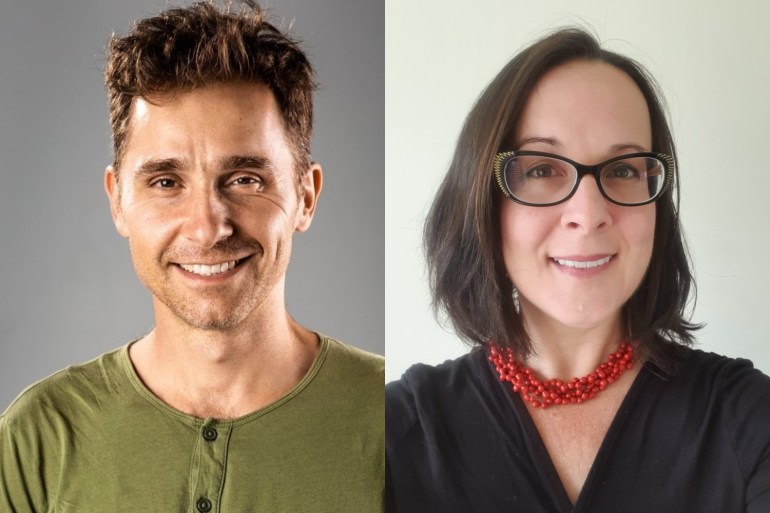Griffith University researchers have launched a survey to assess the state of mental health in workers across the film and television industry.
The research project has been spearheaded by Griffith Film School Associate Professor and filmmaker Peter Hegedus, and sessional teacher and impact producer Bobbi-Lea Dionysius, who have been working on it for more than 18 months.
The pair’s interest initial interest mental health was triggered by feedback to a Screen Queensland survey during COVID, which suggested many practitioners were isolated and had mental health concerns in the wake of production shutdowns.
That led Hegedus and Dionysius to form the Queensland Screen Collective, along with Andrew McInally and Tam Sainsbury, to bring filmmakers and crew together, both virtually and in-person, to talk about various issues affecting them.
Across their meetings, mental health continued to come up. In particular, a discussion panel at the 2021 Brisbane International Film Festival – in front of an audience of filmmakers, screen agency representatives and counsellors – encouraged the pair to more formally evaluate mental health for screen workers in Australia.
In 2016, Entertainment Assist and Victoria University research suggested a dark picture of the mental health and wellbeing of those working in the entertainment industry – including that symptoms of moderate to severe anxiety were 10 times higher than the general population, symptoms of depression five times higher and suicide ideation six times greater.
However, there has long been a lack of screen specific data. In that sense, Hegedus and Dionysius found many crews in the indie sector faced difficulty in advocating for improved conditions or support.
To guide their research, the pair have partnered with Professor Paula Brough from Griffith’s Work, Organisation and Wellbeing.
“Being such an inherently competitive industry, people are often trying to make films with very small budgets, with this culture of working around the clock, not sleeping or working 12-hour days having become embedded in our industry culture as being ‘OK’ or ‘normal’,” Professor Hegedus said.
“People were suffering silently, so we thought, what if we create a comprehensive survey that could be released into the industry and ask some strong questions about where people are at and how they’re feeling?
“We’re not sure what the solution to the problem will be yet, but having the facts is going to help us work towards one.”
With support from industry guilds and representatives, the Australian Screen Industry Mental Health and Wellbeing Survey will be circulated extensively throughout the industry. It is open to all sectors, including performers, until February 15.
The hope is that there will be multiple practical applications for the results, from the design of industry programs and resources; for screen agencies in the design of policies; and for production companies in the design of budgets, schedules and workplace environments that appropriately consider mental health.
Screen Well founder Ben Steel is a supporter of the project.
“Capturing screen industry specific statistics on mental health and wellbeing is an incredibly valuable tool to understand the complexities that students and industry professionals face in pursuing their careers,” he said.
“Having a deeper and better understanding of the challenges will enable Screen Well to enhance the effectiveness of the programs and initiatives we provide to the industry.
“We are tremendously excited by the potential the research will have to contribute to positive change for our beloved industry.”
The survey takes around 30 minutes to complete. Fill it out here.
Lifeline: 13 11 14 www.lifeline.org.au
Beyondblue: 1300 22 46 36 www.beyondblue.org.au
Support Act Wellbeing Helpline: 1800 959 500


